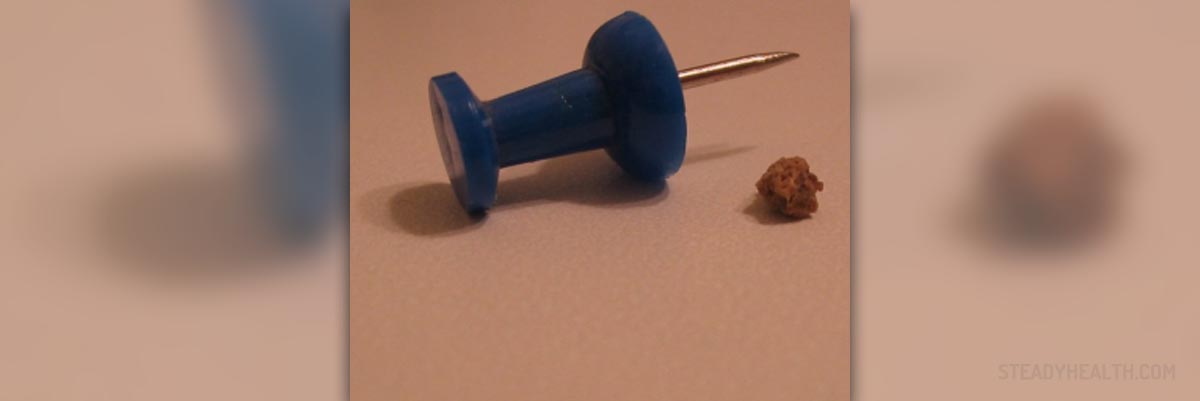
Various salt and mineral crystals may form stones in the kidneys or in the urinary tract. These are usually calcium oxalate stones and about 80% of all kidney stones are of this type. Another component of kidney stones may be uric acid, if a person is on a low-protein diet. Kidney stones may vary in size, from the size of sand grains to golf ball size. The condition is curable but kidney stones may appear again if the patient doesn’t change the habit which caused the problem in the first place.
Causes of kidney stones may include: lack of hydration of the body, unhealthy eating habits, gender and genetic predisposition. Lack of fluid may cause your kidneys many problems, when they try to dilute the urine. When we don’t take sufficient amount of fluids every day, kidneys can’t prevent crystallization of different substances in them and there is a possibility to experience kidney stones or some other type of kidney problems.
Too much food rich in calcium oxalate or uric acid may also negatively affect the kidneys and cause formation of kidney stones. This unhealthy diet may affect some individuals and promote crystallization in the kidneys.
Certain people are genetically predisposed to have kidney stones, and many of them had a family member(s) with similar problem. People whose parent experienced kidney stones is very likely to suffer from it at some point of his or hers life. Also, gender plays a part in this disease. Men are twice more likely to suffer from kidney stones than women.
Symptoms of Kidney Stones
When the kidney stones are small, there may be no apparent symptoms and a person may expel the stones through urine without even noticing it. Big stones in kidneys may cause different problems, and these patients usually report painful sensations, accompanied with fever, chills and persistent need to urinate. Pus in the urine (pyuria), blood in the urine (hematuria) or burning sensations during the urination and passing the stones may also be present in these patients. In some cases, frequent nausea and vomiting may also point to kidney stones.
When a person experiences serious pain in the back or in the side, especially if the pain radiates towards the thighs and genitals, doctors may also suspect kidney stones.
Treatment Options
Conventional treatment is usually necessary for bigger stones, and most patients use lithotripsy, when shock waves break the formed stones. After the treatment, the body is left to expel the fragments in urine for several weeks after the treatment. Recent studies report that this treatment may increase the risk of hypertension and diabetes, and many people don’t want to proceed with it.
Surgery under general anesthesia is also an option for large kidney stones, as well as some diuretic drugs. Lithotripsy, surgery or drugs can’t stop the reoccurrence of kidney stones, while some natural remedies can.
In fact, using natural remedies will cost you less and won’t cause any undesired adverse effects. Being natural, these remedies are much safer for your body and they will also prevent any future kidney stones.


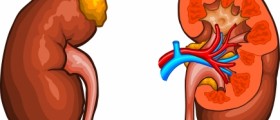
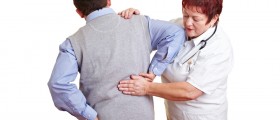

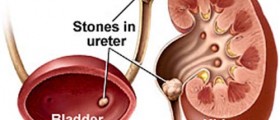

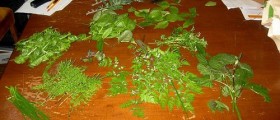

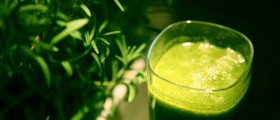

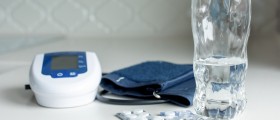
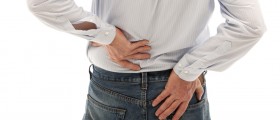




Your thoughts on this
Loading...